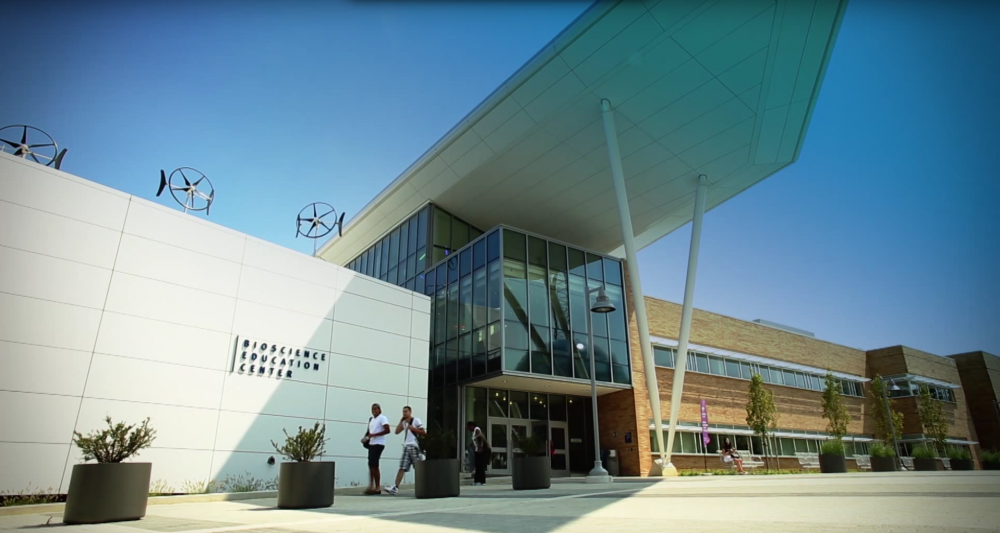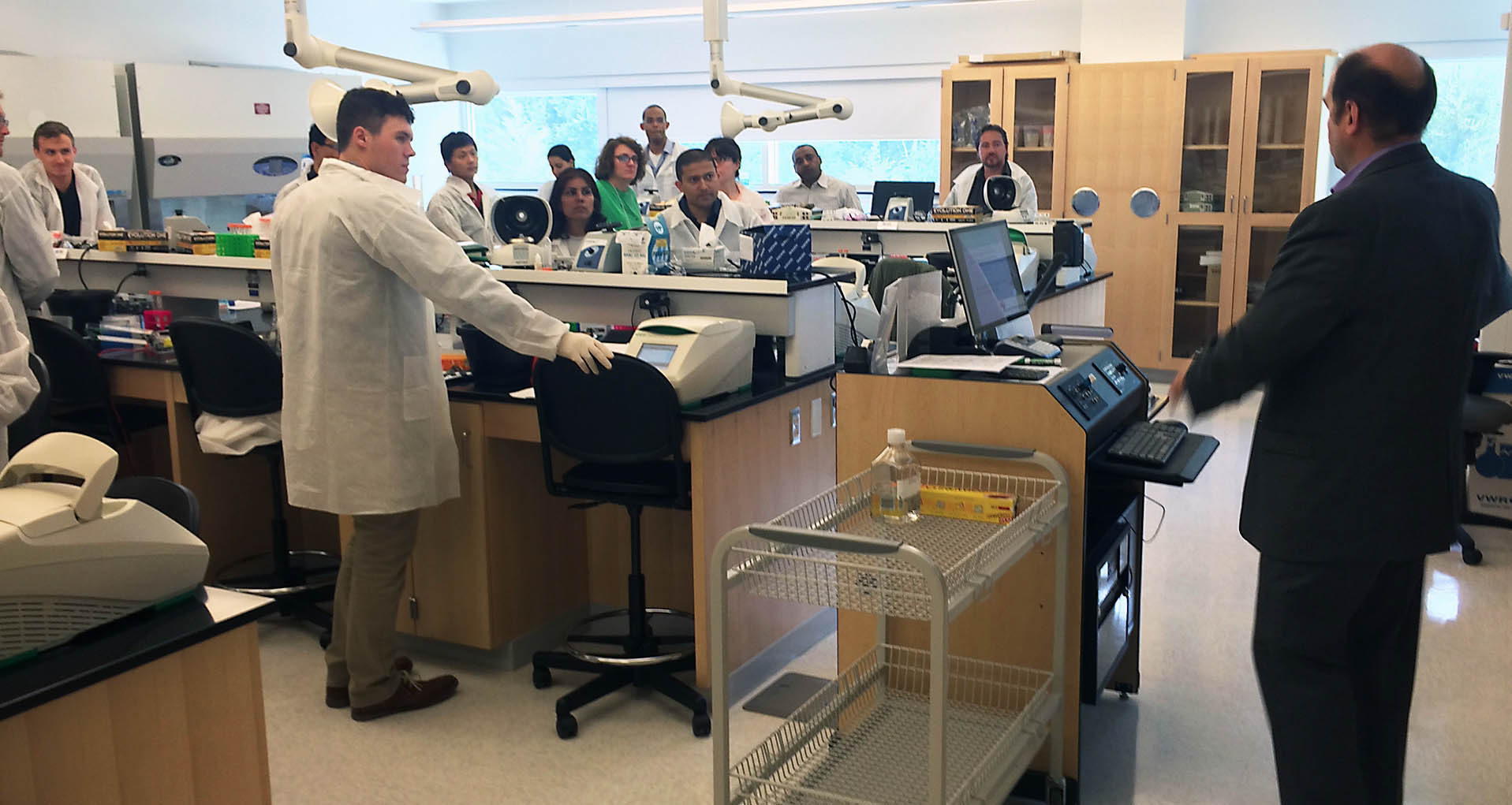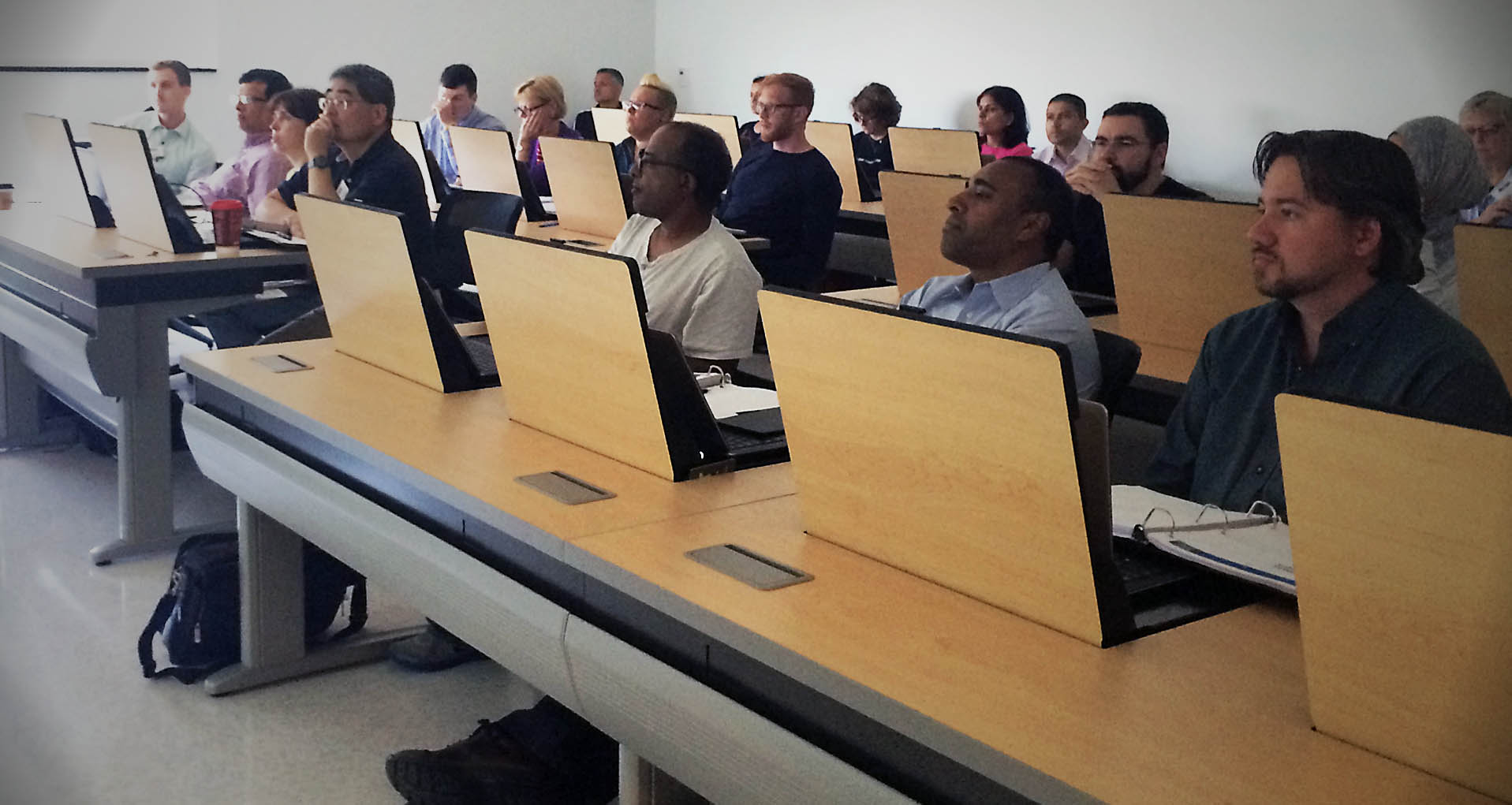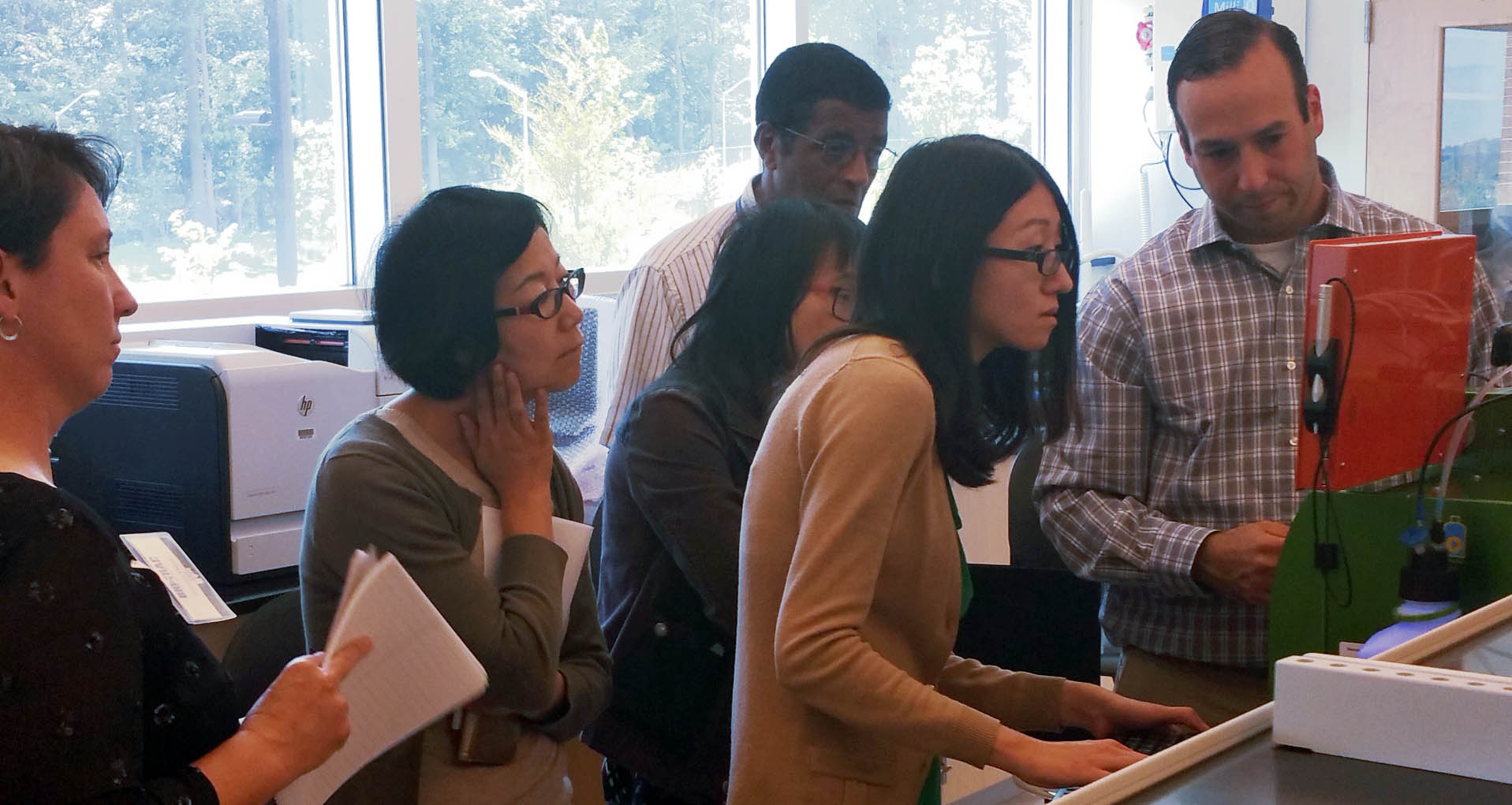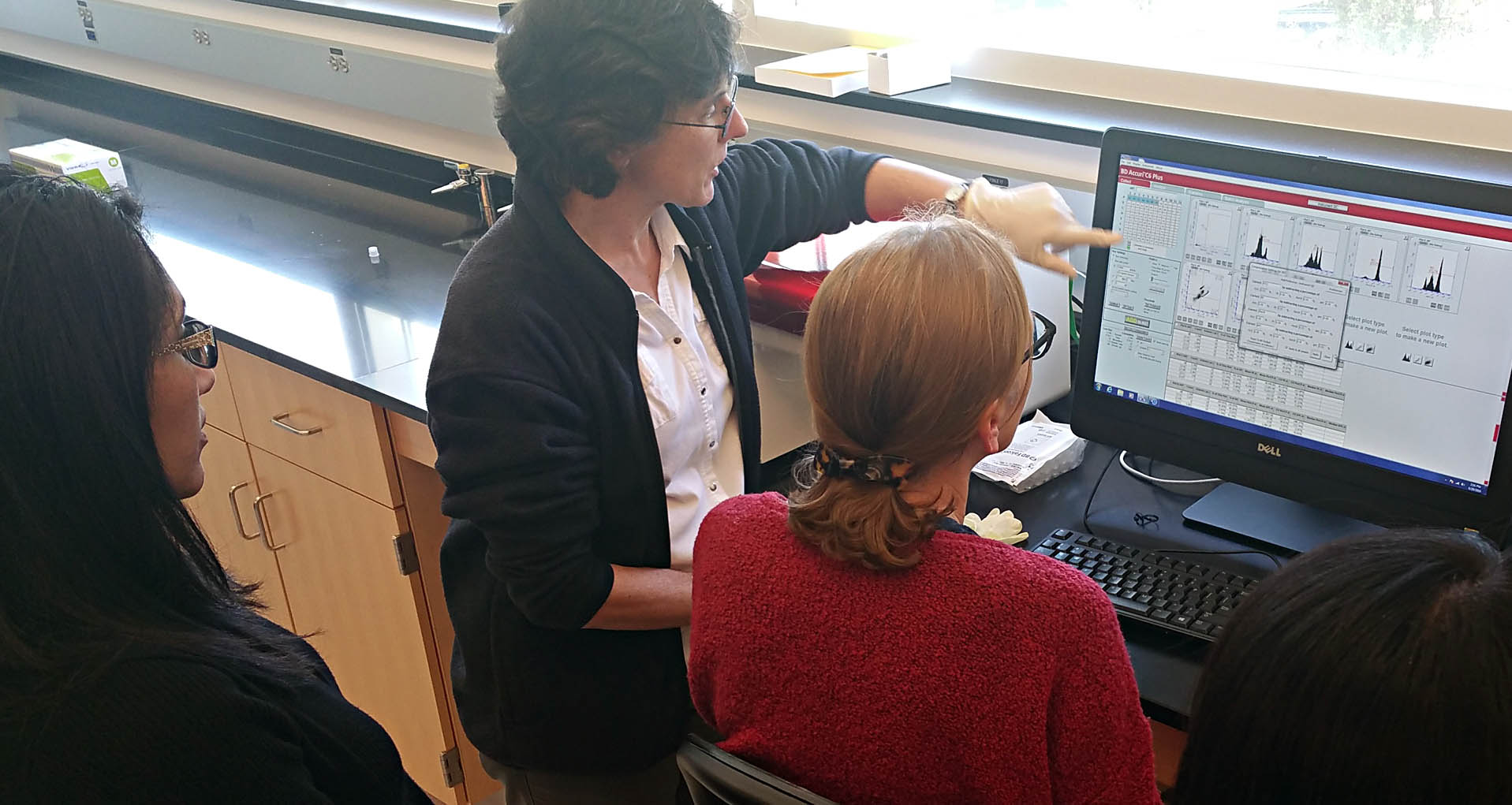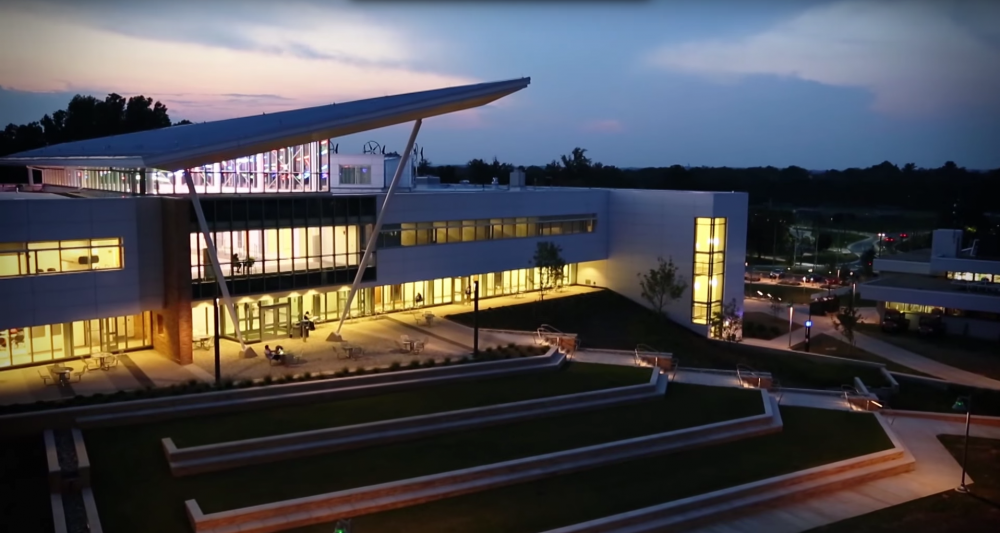Oct 16-18, 2024
Wednesday - Friday
Germantown, MD
The Bioscience Education Center
9:00am-5:00pm
1 Hour Lunch Break
NEW WORKSHOP OFFERING
During this 3-D cell culturing workshop the researcher will learn how to successfully culture primary cells, cancer cells, and epithelial cells in a 3-D format using 3-D cell culture matrices, such as Collagen I. Emphasis will be placed on setting up primary human hepatocyte spheroid and high-throughput gut-epithelium-on-a-chip cultures, visualizing their formation and growth, and performing a broad range of downstream assays. Examples of applications in toxicology and drug efficacy will be explored.
 | Lecture and Hands-on Interactive Training |
 | Team taught by active researchers |
 | Thumbnail drive with Lectures and Workshop material |
 | Space limited to 18 participants |
 | Registration Fee: $895 |
-
"The combination of lectures and lab works was very instructive. I grasped the whole picture of the theme."
Makoto Arai
University of Tokyo, Japan
Hepatocytes Derived from Human iPSCs
-
"This course was very informative and helpful for individuals new to stem cell methods like myself. The lab portion was particularly useful. All of the lecturers and lab directors were helpful and knowledgeable. I would absolutely take another Bio-Trac class in the future."
Anneliese Striz, PhD
Hepatocytes Derived from Human iPSCs
-
"Course was helpful for people who don't have any experience with iPSCs. Very easy to understand and follow."
Andrea Rosenkranz
Drexel University College of Medicine
Hepatocytes Derived from Human iPSCs
-
"It's a good experience to learn advanced technology. Hopeful to have another training next time. I like the lab hands-on section. (That is the best part of the class/workshop)"
Yueban Tan, Ph.D.
Ibex Biosciences
Hepatocytes Derived from Human iPSCs
Course Sponsors
![]()
![]()
![]()
Course Director
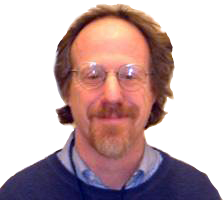
Joseph Bressler, Ph.D.
Research Scientist, Kennedy Krieger Institute
3D Cell Culture Concepts
- Building 3-D Culture Models
- Cell Sourcing, Media
- Extracellular Matrices in 3D Cell Culture
- PPH Spheroids Tox
- Considerations in the Development and Use of MPS
3D Cell Culture Applications
- Operationalization use of Complex in vitro Models
- Disease modeling JHU on Neural & Neuro Disease Models
- Imaging in 3D – Practical Considerations
- Making/handling Spheroids (Medium Change, Drug treatment)
- Preparing High-Throughput MPS (Mimetas)/Handling ECM
- Automation of Microfluidic Platform Loading
- Spheroid Viability Assay
- Barrier Integrity Assay Gut-on-a-Chip Cultures
- 3D Culture Data Analysis: Image J
Course Director
Dr. Joseph Bressler is a research scientist at Kennedy Krieger Institute. He is also an associate professor of environmental health sciences at the Bloomberg School of Public Health at Johns Hopkins University.
Dr. Bressler received his bachelor's of science degree in biology from the State University of New York at Stony Brook in 1973 and his doctoral degree in physiology from Rutgers University in 1978. His post-doctoral training at UCLA was in neurosciences, where he studied the involvement of glial cells in response to toxic agents. After his post-doctoral training, Dr. Bressler continued his studies on glial cells at the National Institutes of Health, Bethesda, MD. Dr. Bressler has been a research scientist at the Kennedy Krieger Institute since 1988.
Guest Lecturers and Lab Instructors
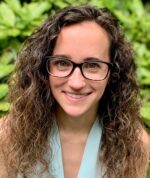 | Dr. Kristin Bircsak Kristin Bircsak, PhD is a Principal Scientist at Mimetas in Gaithersburg, Maryland. In 2016, she received her Ph.D. in Toxicology from Rutgers University following which she completed a postdoctoral fellowship at the University of Pennsylvania. In her training, Kristin utilized various model system to characterize the negative impact of drugs and environmental chemicals on reproduction and development. In her role at Mimetas, Kristin drives the development of innovative 3D in vitro organotypic models and assays. Her research is centered on recapitulating the liver, kidney, and prostate tumor microenvironment to aid in the accurate prediction of safe and effective candidate compounds. |
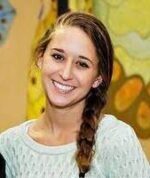 | Haylee Bachman Graham, PhD Haylee Bachman Graham, PhD is a Product Applications Specialist with Lonza Bioscience. She received her PhD in Biochemistry from Georgia Institute of Technology in 2017 where she focused on better understanding the deregulation occurring in IPF based on cellular responses to ECM protein motifs. At Lonza Haylee focuses on various customer applications using Lonza’s primary cells in in vitro models, 3D cell culture, and screening methods as well as Lonza’s electroporation transfection technology, Nucleofector. |
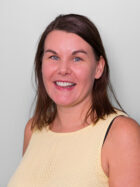 | Helena Hogberg PhD Helena Hogberg PhD joined the NTP Interagency Center for the Evaluation of Alternative Toxicological Methods (NICEATM) within the Division of the NTP, National Institute of Environmental Health Sciences (NIEHS) in Dec 2021, where she is conducting research drawing on her broad expertise in applying in vitro methods to assessing developmental neurotoxicity (DNT) potential of chemicals. Previously she was the Deputy Director of the Center for Alternatives to Animal Testing (CAAT) within the Johns Hopkins University Bloomberg School for Public Health. She received her Ph.D. her in toxicology from Stockholm University but performed her research at the European Centre for the Validation of Alternative Methods (ECVAM) in Ispra, Italy. |
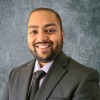 | Soumyadip (Soum) Kundu, PhD Ph.D. in Molecular Biology, 2022, Mississippi State University Postdoc in Mississippi State University on Long-read sequencing (NGS). PhD work: studied lipid metabolism and lipidomics in cells and analyzing its function in host-pathogen interactions. Mimetas role: Field Application Specialist at Mimetas, Gaithersburg, MD. Serve as a scientific partner and focused on Customer applications, offering expert technical guidance in Mimetas technology, 3d disease model development, and 3d cell culture. Also focused on training and development of Mimetas technology in the biotechnology, pharmaceutical industry, and academia. |
 | Yi Wei Lim PhD Yi Wei Lim PhD is a postdoctoral Intramural Research Training Award (IRTA) fellow in the 3-D Tissue Bioprinting (3DTBP) program of the Early Translation Branch within NCATS’ Division of Preclinical Innovation. In 2021, she received her Ph.D. in Immunology from Loyola University Chicago where she studied the immunobiology of neonatal T cells and its role in establishing immune tolerance. As a postdoctoral fellow at NCATS, she is working to develop immunocompetent 3-D tissue models that can be used for disease modeling and drug screening purposes. |
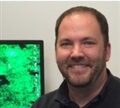 | Steve Titus Steve has spent more than 25 years’ of research experience spanning Academia and Industry. Within the past decade, he shifted his focus to High Content Imaging and Analysis. Steve holds an MS degree in Genetics from UW-Madison where he focused on the neurogenetics of Drosophila melanogaster. Steve has spent almost 10 years at the NIH Center for Advancing Translational Sciences as a High Throughput Assay Biologist. In 2018, Steve moved to GSK where he is currently working in the High Throughput Biology and Imaging group as a Scientific Leader. Steve has co-authored over 40 peer reviewed publications and holds several patent inventions. |
January, 2022
“Very well-designed class and lab. I now have an indispensable skill that I can take back to my lab at ATCC and expand our contracting portfolio.” Ryan A., ATCC
“Excellent, Comprehensive and detailed course. The contents are so up-to-date and advanced that despite working on organoids on a regular basis, I was able to learn a lot of new techniques.” Semanti R., PhD, Cleveland Clinic Foundation
“Great workshop! I thought the hands-on laboratory training was very useful.” Ana B., NIST
“The program presented a lot of good information and hands-on experiences.” Melissa V., Florida International University
“Thank you for organizing this amazing course. The quality and knowledge of the presenters is outstanding.” Francy C., University of Florida
“Thank you for the nice introduction, from bottom to top. We got a lot of theoretical and practical information. You won’t find another 3D Cell Culture workshop in the world!” Eva I., CEITEC MU Editor’s note – Eva traveled from the Czech Republic to attend this workshop. She was unable to find a comprehensive workshop like this anywhere, "period."

